Self-Guided Training for Increasing RS Competency Among Graduate Trainees
Principal Investigator: Dr. Nathaniel G. Wade
We created training materials for graduate students in mental health training programs. The materials are intended to provide both basic content and practice for increasing religious and spiritual (RS) competencies in working with clients in psychotherapy. Training materials can be downloaded for free from the RS Competency Project on Open Science Framework. The deliberate practice component of the training can be accessed on Skillsetter.com for a fee.
Background
Many clients bring important religious and/or spiritual (R/S) experiences to psychotherapy and many therapists would like to integrate this into their work. However, too few training programs incorporate this into their curriculum. This creates a potentially troubling gap between client needs and therapist abilities that might reduce psychotherapy effectiveness. Therefore, we developed a trainee-driven educational intervention that could be self-guided or done in small groups by graduate students in mental health training programs. We incorporate both content and practice to help trainees develop foundational skills for addressing R/S in psychotherapy.
Settings
Graduate school courses
Internship/Practicum sites
Supervision
Faculty or Professional development
Although this is intended as training materials for those in graduate school who want to learn more about RS in therapy and don’t have access to that training, it can be widely applied in many different settings with just some minor adjustments to the materials.
Populations
Individuals
Couples
Family
Groups
Intended primarily for work with people in individual settings, the material could be applied broadly to working in many different psychotherapy modalities.
Evidence
Students (N = 363) currently in mental health graduate training programs were randomly assigned to one of three conditions: (1) peer group plus self-study (PG), (2) immediate self-study (ISS), and (3) delayed self-study (DSS). All participants completed six, weekly online training modules that included both didactic materials and deliberate practice. Compared to those in the DSS group, participants in the PG and ISS reported a significantly greater increase from pre- to post-intervention in religious/spiritual (R/S) cultural humility, R/S skills, comfort with R/S in counseling, positive attitudes toward R/S in therapy, and self-efficacy working with R/S in therapy. Compared to those in the ISS condition, participants in the PG condition reported significantly greater change in R/S self-efficacy in therapy. Although participants in the PG condition were no less likely to drop out of the study, they completed one-and-a-half times as many training modules.
Testimonials
All from graduate students in mental health training programs who completed our study:
“I loved it!!! Thank you so much for putting this together, I feel like it was very useful and helped me grow as a person.”
“I am really thankful to have been a part of this and made some great connections with others in the study. I took a lot from it and am looking forward to exploring further in my own community with my patients.”
“I think the programming length was good, not too short or too long. While I was hesitant about being assigned to a group at first, I 100% believe that I would not have gotten as much out of this training (and wouldn't have been as motivated) if I had been assigned to only the self-study version.”
“I am so glad I participated in this program! I learned a lot, and feel like I have better tools at my disposal to help my clients.”
“This was a fantastic training and one that I wish all therapists were required to go through. Thank you!”
“I found the general exposure to discussing religion in a therapeutic context to be extremely helpful. I had honestly never practiced it before. That alone moved mountains in terms of my feeling more comfortable discussing religion.”
Keywords
Deliberate practice, multicultural orientation, multicultural competency, online psychotherapy training, self-initiated psychotherapy training, training resource, religious and spiritual diversity, self-guided training for psychotherapists
